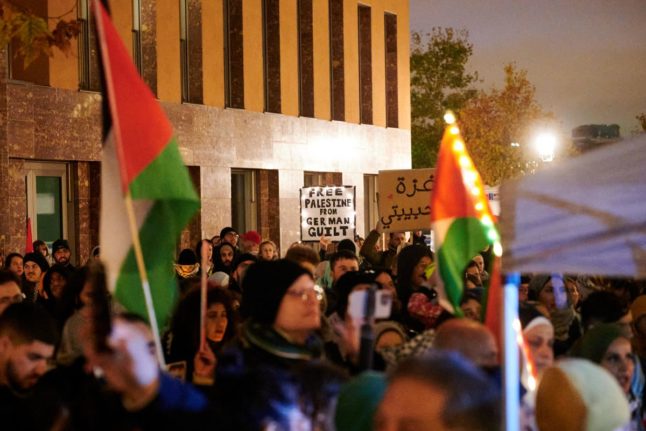Reports have been filtering through into public over the last few weeks about internal investigations in Thuringia’s state criminal police (LKA) into the mysterious disappearance of the loo roll.
Now, Der Spiegel reported on Friday, LKA president Werner Jakstat has ordered an internal investigation into the investigation.
Specialists were tasked to install a hidden camera in the stairwell near the toilets of the LKA building in Ilmkreis near Erfurt – the kind of cameras normally used to watch suspected terrorists, gang members or drug dealers.
An intelligence officer was even assigned to analyse the footage captured on the loo roll camera.
This continued for one-and-a-half years, finally being wound down in May 2011, the magazine said. Not only that, the state prosecutor in Erfurt knew about it, the magazine said.
Broadcaster MDR reported it had now seen confidential documents from the LKA’s own lawyers suggesting the secret surveillance was not legitimate.
The theft of toilet paper would not justify any sort of secret surveillance, the lawyers said. Operation toilet roll was also likely an abuse of the system.
Even if there had been a legitimate reason for the efforts, they would have required approval from a judge within three days – and this plainly was not the case.
There is even disagreement about where the cameras were installed – although the LKA told MDR Thüringen the operation was restricted to the ground floor of the stairwell, the documents of the internal lawyers talk of the toilet areas also being watched.
The two police trade unions have since sent a collection of demands to Thuringian state Interior Minster Jörg Geibert. They are calling for an independent commission to check the legality of the operation.
The Local/hc



 Please whitelist us to continue reading.
Please whitelist us to continue reading.
Member comments